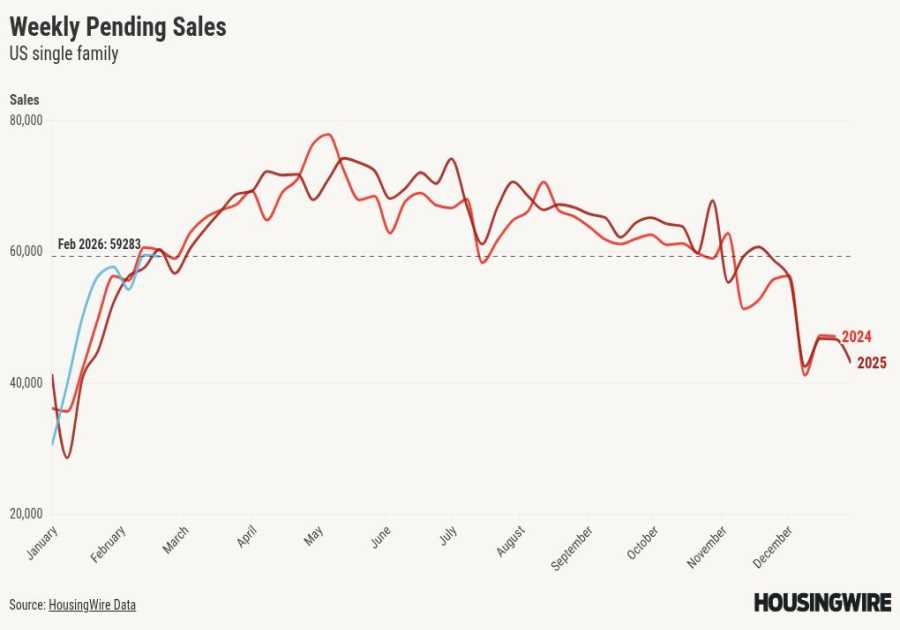Sputnik/Alexey Nikolsky/Kremlin via Reuters
- A BRICS currency would be a serious threat to the dollar, a former White House adviser said.
- As members are geographically diverse and large, others would be willing to use the currency.
- "The BRICS would also be poised to achieve a level of self-sufficiency in international trade that has eluded the world's other currency unions."
De-dollarization could become a reality as a BRICS alternative to the dollar could enjoy high prospects for success, a former White House adviser said.
Joseph Sullivan, who served as a staff economist at the White House Council of Economic Advisers during the Trump administration, wrote in Foreign Policy that a currency issued by Brazil, Russia, India, China and South Africa would pose a unique threat to the dollar's dominance.
"It'd be like a new union of up-and-coming discontents who, on the scale of GDP, now collectively outweigh not only the reigning hegemon, the United States, but the entire G-7 weight class put together," he said in a column published on Monday.
In recent months, discourse about de-dollarization has flourished. That's as sanctions against Russia have exposed the danger of overdependence on the dollar, paired with growing efforts to bolster other currencies, especially the Chinese yuan.
And Brazil's president recently reminded the world about plans for a BRICS currency based on a basket of member currencies.
A notional BRICS currency would carry key advantages over existing alternatives like bilateral deals that still result in proceeds being parked in dollar assets and have limited use with other countries, Sullivan said.
"The BRICS would also be poised to achieve a level of self-sufficiency in international trade that has eluded the world's other currency unions," he said. "Because a BRICS currency union—unlike any before it—would not be among countries united by shared territorial borders, its members would likely be able to produce a wider range of goods than any existing monetary union."
Non-member countries would also have reason to use a BRICS currency because each member's economy is large enough in their respective regions to make them sought-after partners, Sullivan said.
In addition to eroding dollar dominance in trade, a BRICS currency could weaken the greenback's status as a reserve currency.
BRICS governments could induce their own households and companies to buy assets in the new currency with their savings and "effectively coerce and subsidize the market into existence," he added.
Sullivan also noted that it would not spell the end to the dollar's reign — which still accounts for 84.3% of cross-border transactions — but possibly contribute to a multi-polar regime.
In fact, some decline in the dollar's strength could be a good thing, he writes. At the moment, the greenback's high price costs the US jobs and lowers exports.
"Either way, the dollar's reign isn't likely to end overnight—but a [BRICS currency] would begin the slow erosion of its dominance," he said.
Read More
By: [email protected] (Filip De Mott)
Title: The dollar's dominance would face a threat unlike any other from a BRICS currency, former White House economist says
Sourced From: markets.businessinsider.com/news/currencies/de-dollarization-dominance-yuan-china-brics-alternative-currency-sanction-russia-2023-4
Published Date: Tue, 25 Apr 2023 17:36:44 +0000
.png)





